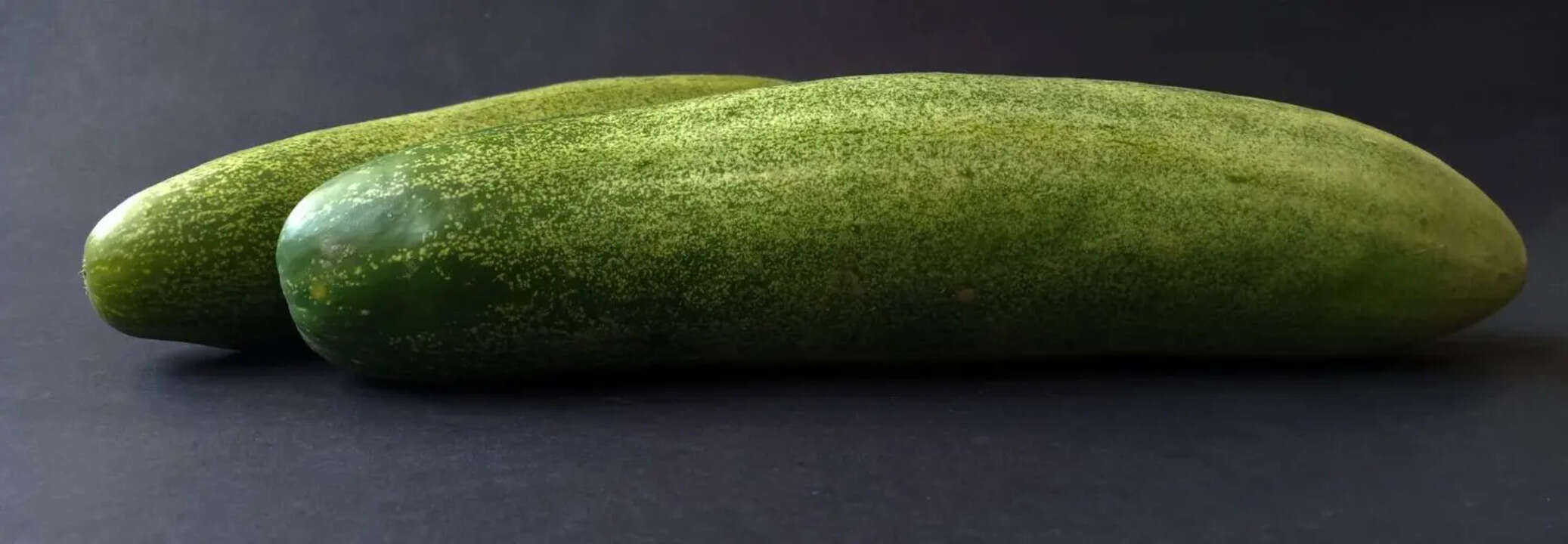Cucumbers Helps Lower Blood Pressure—But Don't Make This Common Mistake

Credit: Canva
SummaryAccording to dieticians, cucumbers are a great snack for individuals managing hypertension. This vegetable, albeit low in fibre content, has high potassium, which combats high blood pressure.
End of Article
